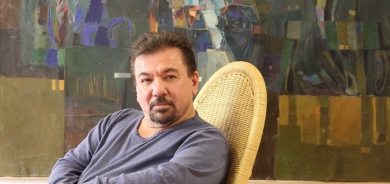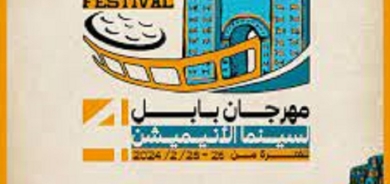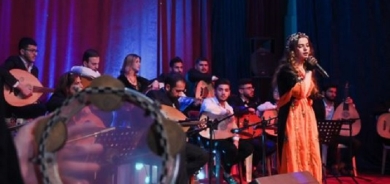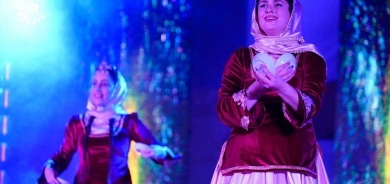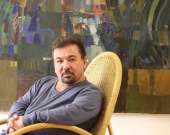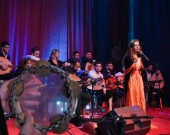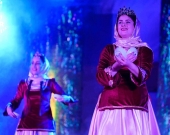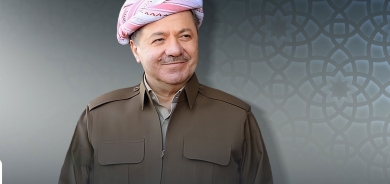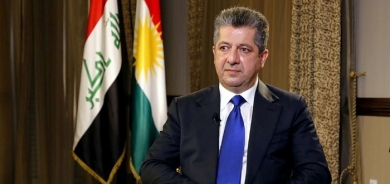Could the UK have a brown or black national poet next?
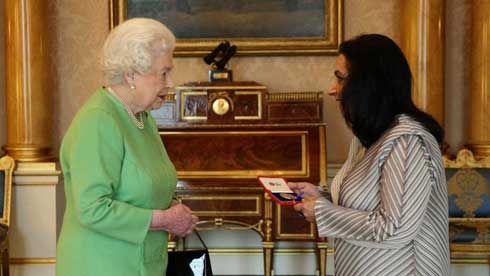
The current poet laureate Carol Ann Duffy’s term ends in May 2019 and the search for her successor has just begun. Duffy broke a glass ceiling to become the first female poet laureate of the UK – a position always held by men since its official inception in 1668. There is now the demand for the Queen to appoint her first poet laureate from the black and ethnic minorities to reflect modern-day, multicultural Britain.
“It would be inspiring and exciting to have a black poet laureate,” said Jackie Kay, the Scottish makar or national poet. Kay cited Imtiaz Dharker, Lemn Sissay, Benjamin Zephaniah and Patience Agbabi as strong candidates from the Black and Minority Ethnic (BME), who could fulfill the role of a poet laureate as well as any white person. In its 350 year history, interestingly the poet laureate has always been white and ethnically English. Duffy was not only the first woman but also the first Scot to be made poet laureate.
Dharkar was born in Lahore, Pakistan in 1954 and grew up in Glasgow, Scotland where her parents migrated to when she was less than one-year-old. She considers herself a ‘Scottish Muslim Calvinist’. After doing her MA at the University of Glasgow she eloped with Anil Dharkar, an Indian journalist and writer to live in Bombay. She later moved back to the UK after her divorce from Anil Dharkar and married poet Simon Powell, the founder of Poetry Live!
In 2014 Dharker was awarded the Queen’s gold medal for poetry joining an illustrious roll call that includes WH Auden, Philip Larkin and Ted Hughes. The Queen’s gold medal, a prestigious prize, was created in 1933 by King George V at the suggestion of the then poet laureate John Masefield.
The title of Poet Laureate was first granted in England in the 17th century as a mark of poetic excellence. The tradition of a poet acting in service to a British sovereign can be traced back to 1616 when King James I granted poet Ben Jonson a pension to write poetry for him. In 1668 the laureateship was recognized as an established royal office to be filled automatically when vacant.
Renowned poets like William Wordsworth, Lord Alfred Tennyson and Ted Hughes have held the position which was conferred for life until 1999 when it was converted into a 10-year fixed term. Though the post has become free of specific poetic duties, its holder still remains a salaried member of the British royal household. It is considered the highest honour bestowed on a poet in the UK.
The Afro-Guyanese-origin poet John Agard, also a contender for the position, stressed that it was time the UK poet laureate was black. “A black poet should not be seen in that Victorian way as part of a cabinet of curiosities. It’s part of the British fabric of being, it’s not an anomaly,” said Agard.
Before Britain became a democracy, the sovereign chose the poet laureate. Not so any more. Now a panel of 15 experts in literature from across the different regions of the UK is appointed by the Secretary of State for Digital, Culture, Media and Sport. Over the next few months the Poet Laureate Steering Group will make a short-list of candidates and offer its suggestions on the scope and purpose of the next poet laureate. This will be presented to the Prime Minister who in turn will give the recommendation to the Queen for her approval and appointment.
Today the position is honorary and it is up to the individual poet to decide whether or not to produce poetry for national occasions or Royal events.
By Sajeda Momin/ Al Arabiya English

